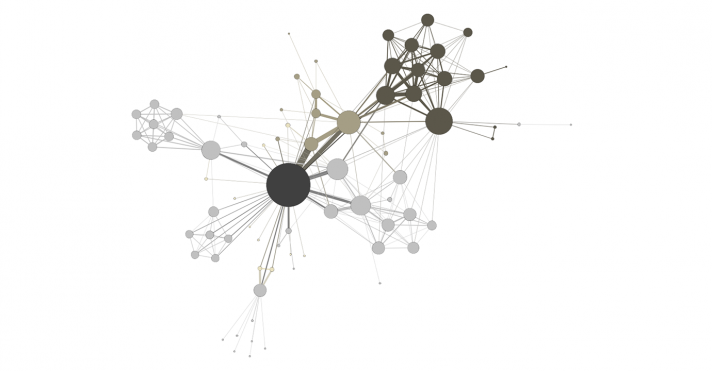While interdisciplinary research into the relational paradigm has produced an impressive body of work across the social and political sciences and also, increasingly, among historians, there is as yet no international medium of publication devoted to the study of networks in their historical contexts. This has put scholars with an interest in historical network research—both historians and historical sociologists—at a great disadvantage, and has meant that they have long been accustomed to publishing research papers in non-historical journals. The situation for historians interested in network research is further complicated by academic and cultural idiosyncrasies, since much of the groundbreaking and recent research into historical networks in the English-speaking world has been carried out by historical sociologists, rather than social historians, and has thus remained mostly outside the sphere of traditional academic history departments. This has naturally also influenced the means of publication for research in this area; preferred journals such as Social Networks and the American Journal of Sociology focus heavily on methodological and theoretical aspects. In short, there are no international publications devoted to the study of networks (social and otherwise) from a specifically historical perspective.
This is the gap that the Journal of Historical Network Research is keen to fill. Its aim is to publish outstanding and original contributions which apply the theories and methodologies of social network analysis to historical research, to help advance the epistemological and theoretical understanding of social network analysis in the historical, social and political sciences, and to promote empirical research on historical social interactions. The journal aims to promote the interplay between different areas of historical research (in the broadest sense), social and political sciences, and different research traditions and disciplines, while strengthening the dialogue between network research and “traditional” historical research. The journal will serve as a meeting place for the traditional hermeneutics of historical research and its concomitant emphasis on contextualisation and historical source criticism (as present in traditional academic historical journals) on the one hand, and the theory-heavy and/or sometimes overly technical discussion of methodological and technological issues (which predominates in publications focused on “pure” or sociological network research) on the other.
This first issue of the Journal of Historical Network Research comprises five original research articles spanning the period from the 16th to the 20th century. The thematic focus of the volume is knowledge networks. Tom Brughmans and Matthew Peeples present an overview of major trends in archaeological network research through a bibliometric analysis of a large corpus of publications on the topic between 1965 and 2016. Ingeborg van Vugt demonstrates the importance of books as dynamic actors within the “Republic of Letters” in the 17th and 18th centuries by means of multi-layered visualisations of epistolary networks. Termeh Shafie et al. perform a centrality analysis of a directed hypergraph representing attacks by indigenous peoples from the Lesser Antilles on European colonial settlements between 1509 and 1700. Aline Deicke analyses the culture of intra-Protestant controversies that fundamentally advanced the formation of Lutheran identity and its central doctrine in the late 16th century from a network theoretical perspective. Finally, Ruedi Epple investigates and theorises about the escape of Austrian socialists after the annexation of Austria by Nazi Germany in 1938, the support given to refugees by the Zurich Refugee Centre and the shifting network relationships of refugees and supporters. With a total of 150 pages, this first issue will act as the journal’s introduction to scholarly discourse. Future issues will see additional content and features introduced gradually, including review articles and summaries of recent scholarship, as well as other formats that will depart slightly from the traditional categories of articles and reviews traditionally associated with scientific journals. There is much to look forward to.




